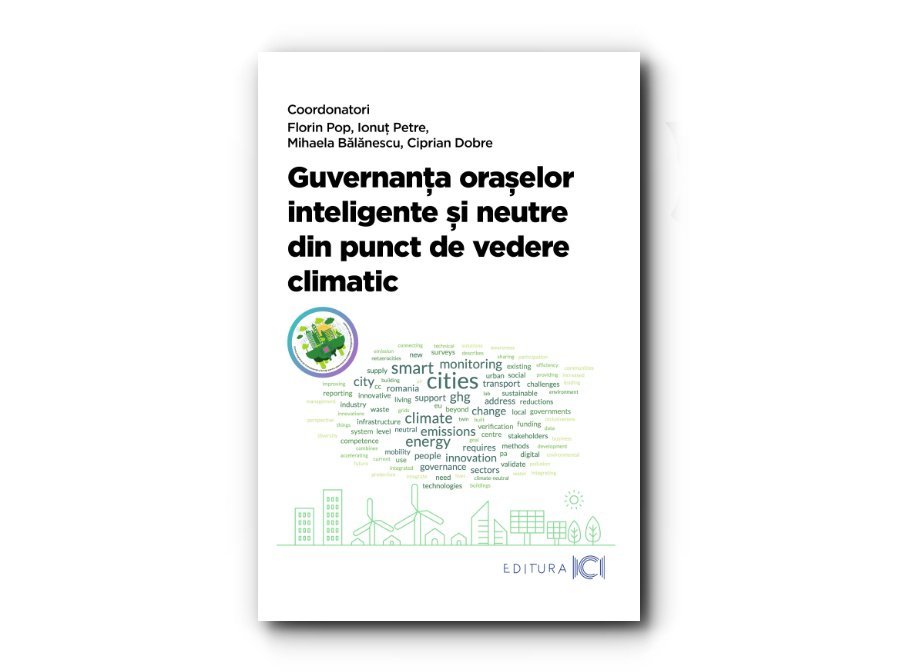The rapid technological advancements of the past decade support the creation of a favorable framework for environmental protection, especially in urban areas, through sustained efforts from all stakeholders. This paradigm of climate-neutral cities has brought about a fundamental shift in modern urban governance, with key objectives including environmental sustainability, urban mobility, advanced management systems in buildings, energy-efficient consumption, and active citizen involvement.
The paper presents the outcomes of the evaluation of the long-term strategies (LTS) of the European Union member states, available at the time of writing (October 2023). This analysis is complemented by a summary outlining the main findings and recommendations.
Two particularly important aspects are considered: the vision for a low-emission future, and the preparation and implementation of the strategy. Through this research, we aim to highlight the latest and most significant developments in the governance of smart and climate-neutral cities.
This paper provides a comprehensive perspective on the current context, exploring the existing legislative framework and regulations, as well as Romania’s strategy for addressing energy, climate, and urban development issues. It also analyzes prospects related to debates and legislative proposals that could influence the future development direction of these fields.
The concept of climate-neutral governance refers to the overall approach and set of practices adopted by governments to achieve a state where their activities, policies, and operations have a net-zero impact on climate change. This involves reducing and offsetting greenhouse gas emissions, promoting sustainable practices, and enhancing climate resilience.


